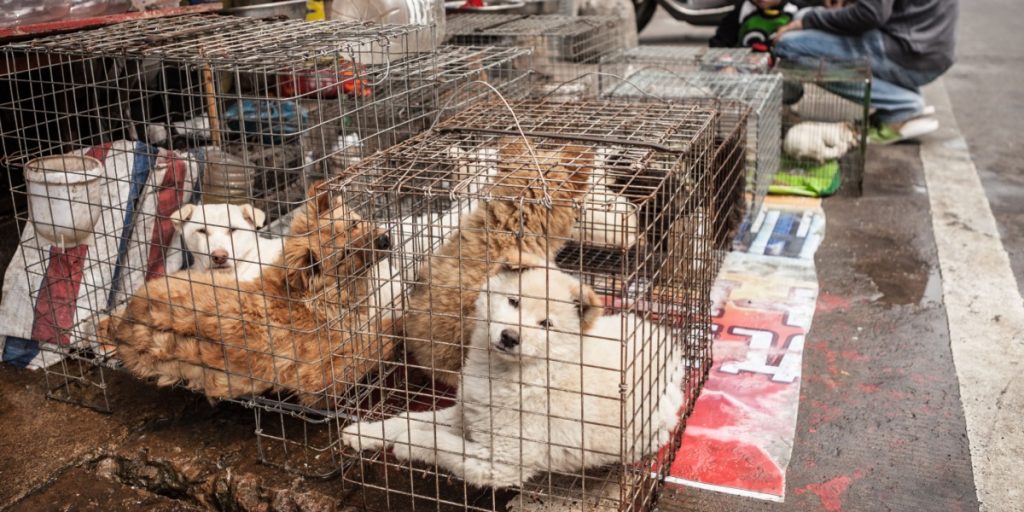South Korea has banned the sale of dog meat.
Others are reading now
South Korea has banned the sale of dog meat. But what happens to the dogs that have already been raised for slaughter?
Thousands of animals are now left homeless, and their owners without a livelihood.
“It’s a hopeless situation,” says one of the country’s last dog farmers.
The Ban
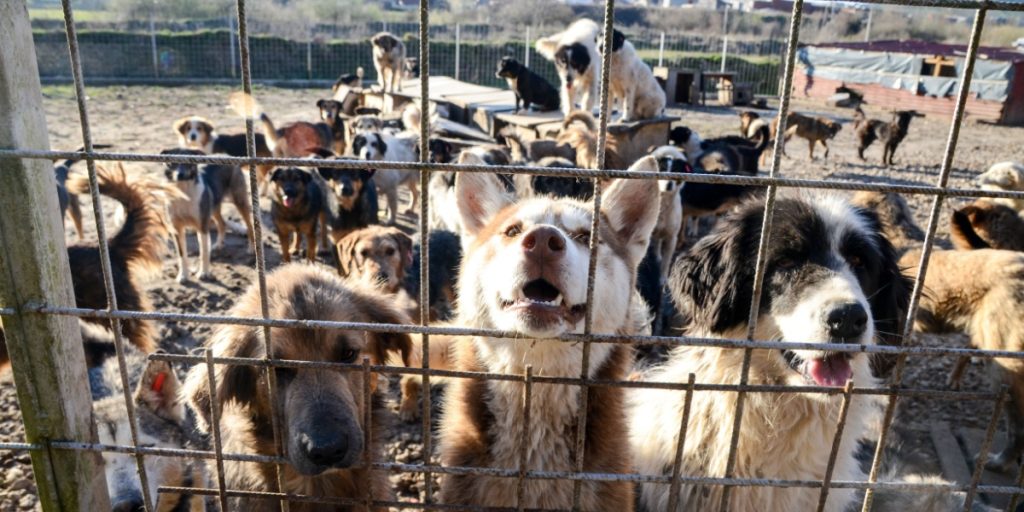
The sale of dog meat has been banned in South Korea since early 2024.
The new law gives breeders until February 2027 to shut down their operations – but in the midst of this transition period, the situation is chaotic.
Also read
Hundreds of farmers have lost their markets and are now forced to watch as their debts mount and dogs pile up on farms that no longer serve a purpose.
“We’ve been trying to sell the dogs since last summer, but no one wants to take them in,” says Joo Yeong-bong, 60, a priest and chairman of the Korean Edible Dog Association, according to the BBC.
Tens of Thousands of Dogs – and No Plan
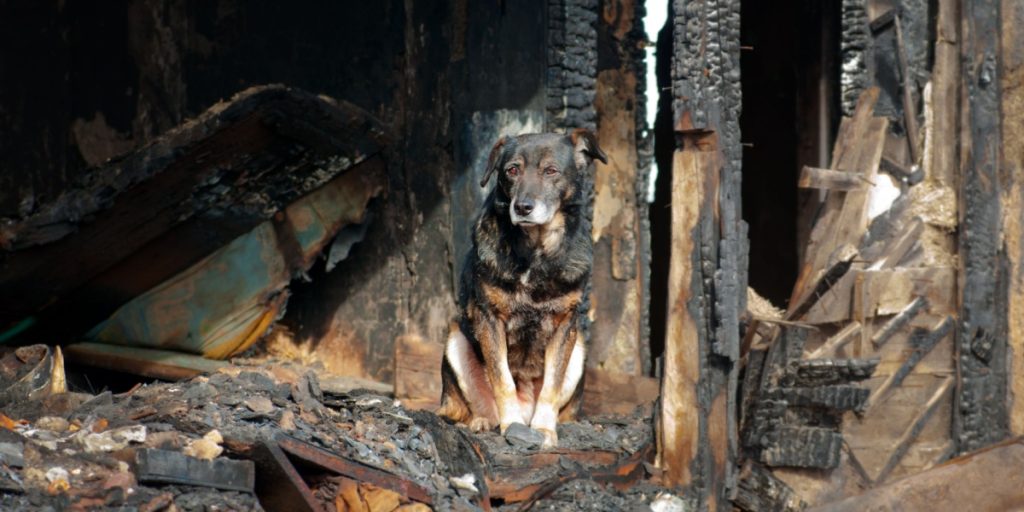
According to government figures, around half a million dogs are currently held on more than 1,500 farms across the country.
Many are large breeds such as the Tosa Inu, which are also classified as dangerous and require special permits to be kept as pets.
This makes rehoming extremely difficult, and is pushing already overcrowded animal shelters to the breaking point.
Also read
“The dogs are now at risk of being euthanized due to lack of alternatives,” says Chan-woo, 33, who has 600 dogs on his farm and just 18 months to find a solution.
“A Deadly Vacuum”

Both animal rights organizations and experts have criticized the government’s lack of a concrete plan for how the animals will be cared for.
According to the organization Hwak, nearly 2,800 dogs have been rehomed since 2015 – but that’s a drop in the ocean.
“We’ve lobbied hard for the state to take responsibility and create a proper rescue program,” says campaign leader Lee Sangkyung.
The government has promised to support animal shelters with about $4.3 million annually and offer compensation to farmers who close early, but critics argue that won’t go nearly far enough.
Also read
Rescue May Lie Abroad
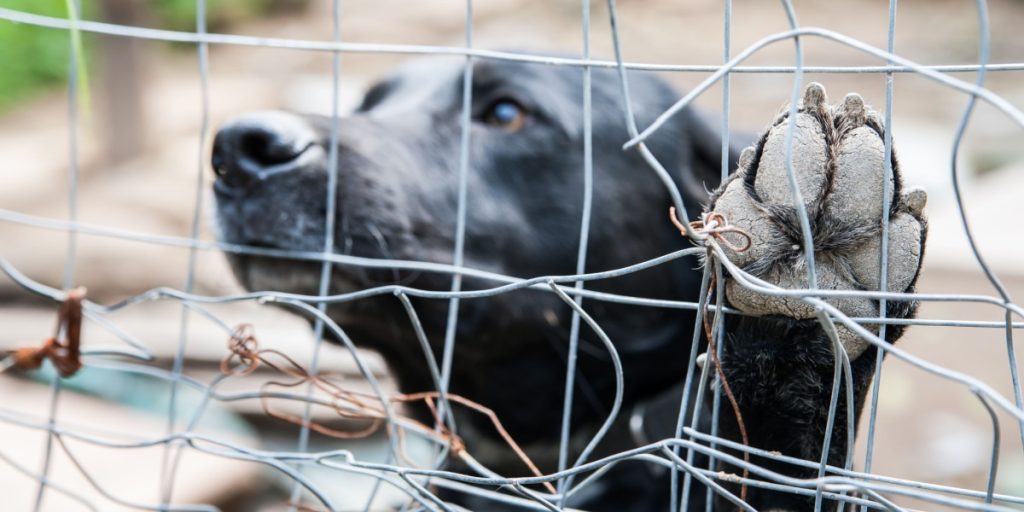
Some organizations have started sending dogs abroad – including to Canada, the U.S., and the U.K. – where the willingness to adopt is greater.
In 2023, 200 dogs were rescued from a farm in Asan and given new lives on the other side of the globe.
“They treated the dogs like people, so gently and lovingly. It touched me deeply,” says former farmer Yang Jong-tae, 74.
At the same time, he criticizes the ban itself: “Why is it okay to eat pig and cow, but not dog? It’s the same thing.”
A Society in Transition
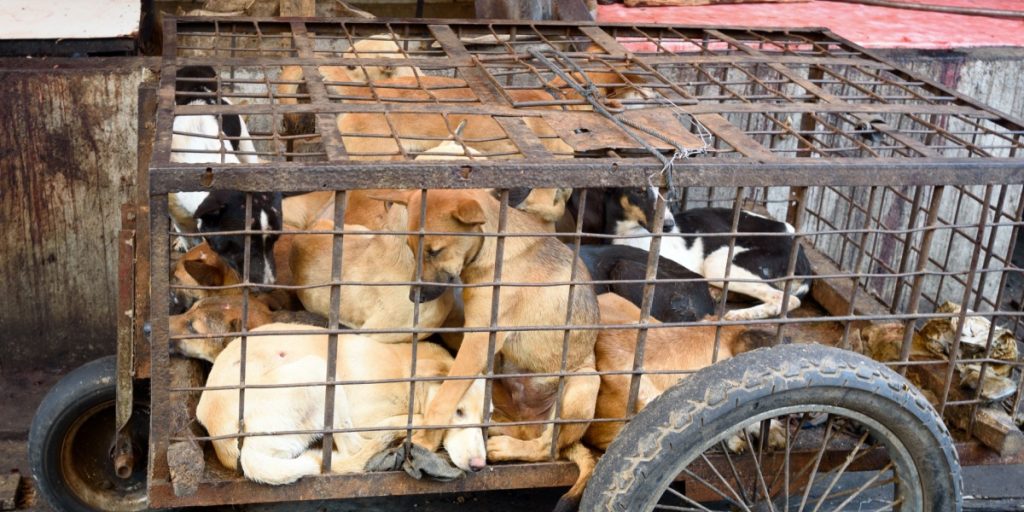
Fewer and fewer South Koreans are eating dog meat.
Also read
A 2024 poll found that only 8% had consumed dog meat in the past year – down from 27% in 2015. And once the law is fully enforced in February 2027, just 3.3% say they plan to continue.
Meanwhile, more than 600 farms have already closed since the decision was made. But for many, the transition is painful, especially for younger farmers who now see no future.
“Young people in the industry face a brutal reality,” says Joo.
“They can’t sell the dogs, but they can’t close the farms either. They’re stuck.”
“In 2027, Something Terrible Will Happen”
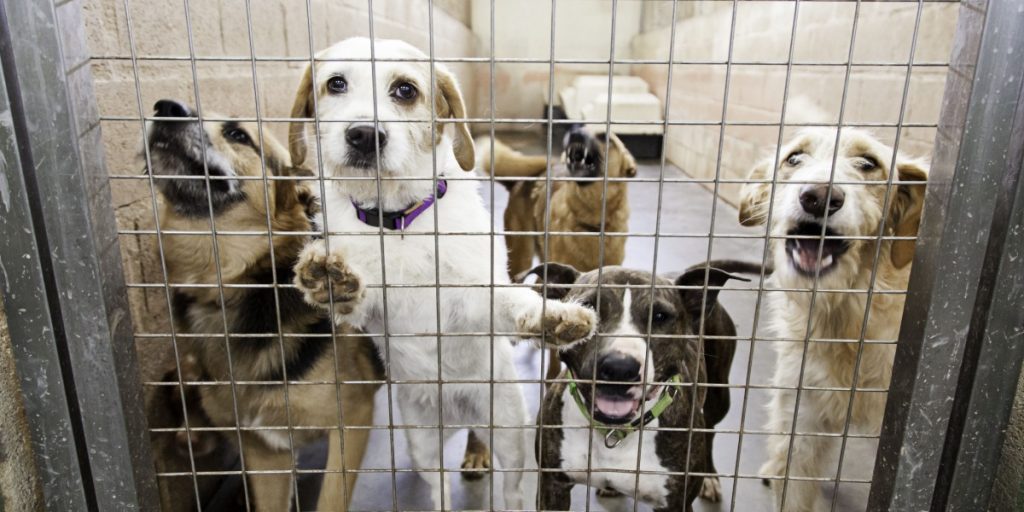
While some hope the government will extend the transition period, others fear it’s already too late. Priest and farmer Joo paints a bleak scenario.
“People are clinging to hope. But if nothing changes by 2027… then I think something terrible is going to happen,” he says.
Also read
“Whole lives have been destroyed.”

